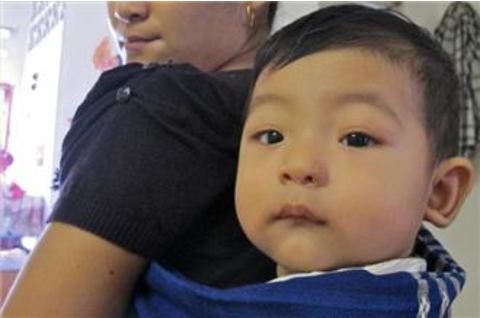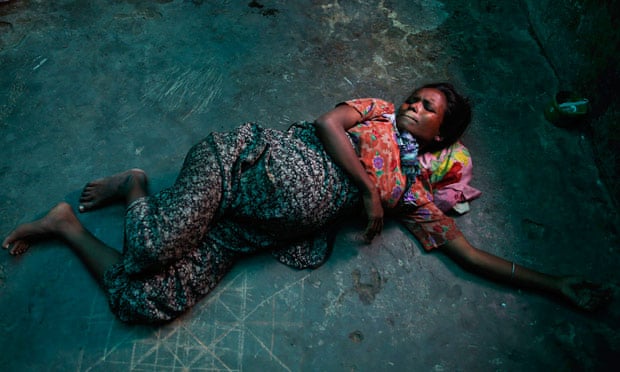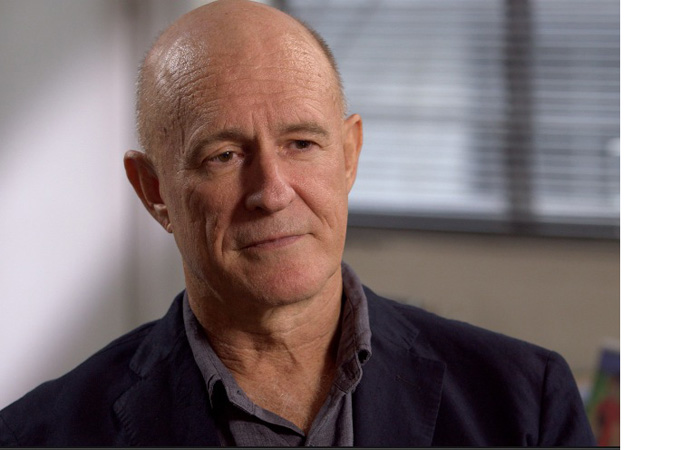NOVEMBER 24 — The Migration Working Group (MWG) is deeply concerned about the abuse that refugees and asylum-seekers are subjected to in Malaysian detention centres, as highlighted in the recent Al Jazeera exposé.
Detention centres are overcrowded and in squalid conditions. Refugees and asylum-seekers are deprived of food, chained, handcuffed and beaten. Children and new mothers are also detained. Tragically, these gross violations of human rights have been happening in Malaysia’s detention centres for years. In May 2010, Ahmad Qanbar Ali, a refugee, died in detention due to insufficient medical care.
The exposé also revealed alleged fraud within United Nations High Commissioner on Refugees (UNHCR), in which UNHCR cards are allegedly traded illegally by UNHCR representatives. UNHCR investigation into this allegation, and the investigation’s findings, must be transparent. And officials implicated must be held accountable.
What this story really exposes though, is the massive failure of the government to protect refugees and asylum-seekers, and worse still the government’s active violation of their rights. In doing so, the government is blatantly disregarding international human rights standards and obligations.
UNHCR issues refugee cards because the government fails to officially recognise the status of refugees, which is a requirement under the 1951 Convention Relating to the Status of Refugees. The convention is a widely accepted international standard — 145 countries have ratified it. Malaysia though, has not.
The United Nations Working Group on Arbitrary Detention, which officially visited Malaysia in 2011, recommended that the government end detention of refugees and asylum-seekers, stressing that “regardless of immigration status, nobody should be subjected to arbitrary detention or appalling detention conditions.”
The exposé found that women were “hauled in just hours after giving birth,” according to coverage by The Malaysian Insider. This is a sickening violation of Malaysia’s obligations under the Convention on the Elimination of All Forms of Discrimination Against Women (CEDAW) and the Convention on the Rights of the Child (CRC) — both of which Malaysia has ratified.
CEDAW General Recommendation No. 32 states that under CEDAW, women seeking asylum and women refugees must be granted, without discrimination, the right to accommodation, education, healthcare and other support. Pregnant or nursing mothers should not be detained.
Malaysia celebrates being elected to the Security Council; yet we shirk responsibility to uphold basic human rights of the marginalised in our own borders. Malaysia has no moral excuse. We must ratify the 1951 Convention and its 1967 Protocol, implement the recommendations of the Working Group on Arbitrary Detention, and fulfill our obligations to international human rights treaties, without delay.
The full Al Jazeera exposé, “Malaysia’s unwanted,” can be viewed on YouTube.
* The Migration Working Group (MWG) is a network of Malaysian civil society groups and individuals who advocate for the rights of migrants, refugees, stateless persons, trafficked persons and foreign spouses.
- See more at: http://www.themalaymailonline.com
















